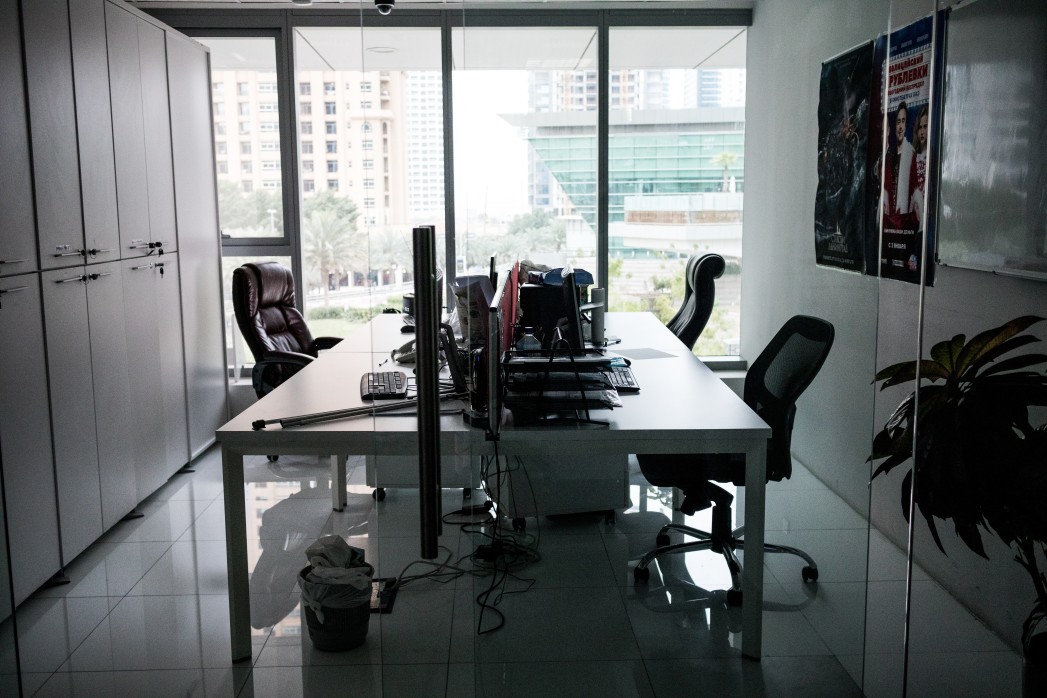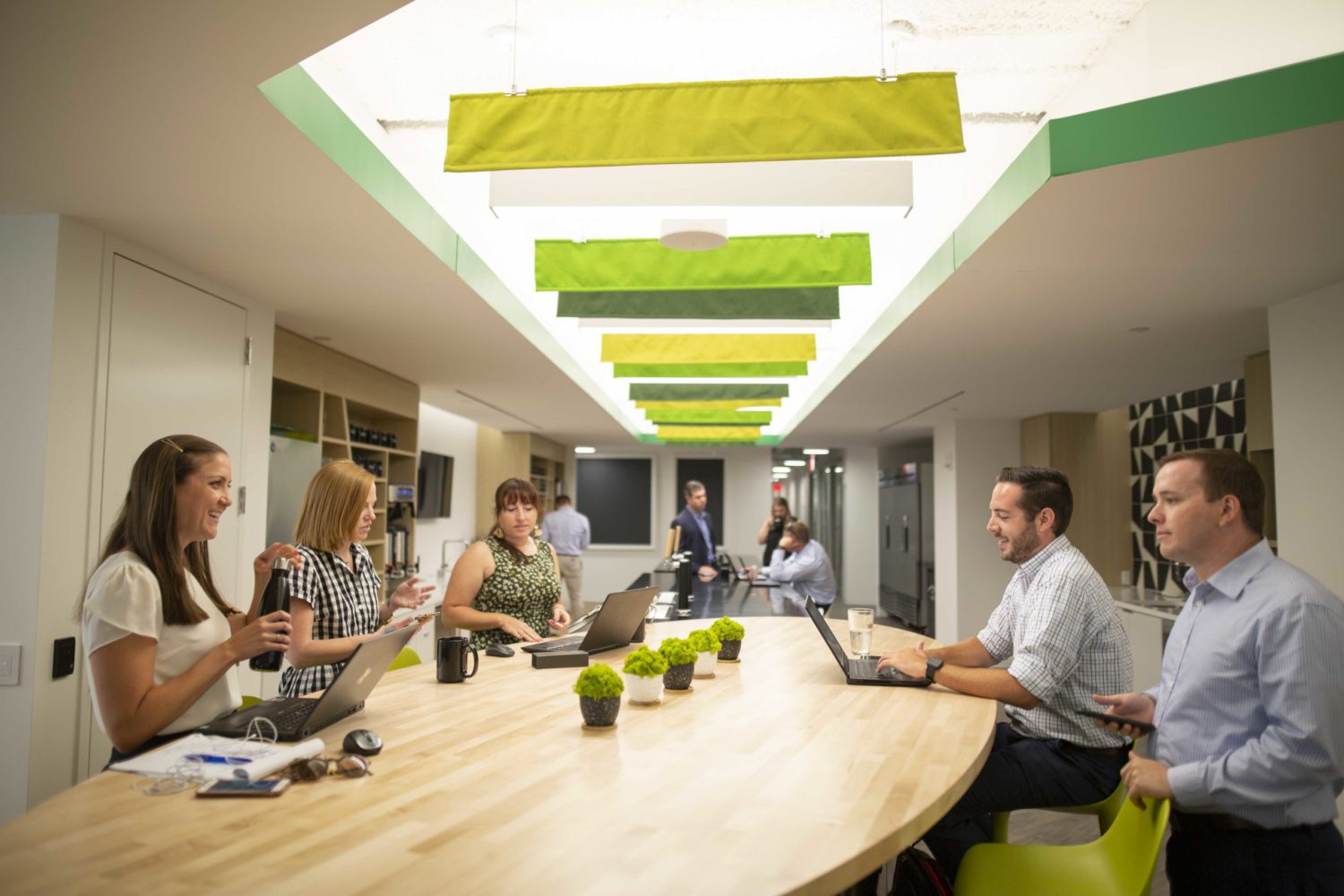
It’s simpler than ever to run a business from home, but if you’re adding workers or meeting with a lot of clients, it might be time to retire the dining room table that also serves as a workstation and invest in office space.
Choosing whether to rent or buy your office space is a huge decision. Fortunately, many cities have a plethora of excellent choices – as well as highly-trained professionals who can assist you in making the best decision.
It might be difficult to locate the ideal office space in which to conduct your new firm. You want all of the conveniences you need to function, but you don’t want to be saddled with an astronomically high rent payment.
Keeping your rent conditions and expenditures under control can mean the difference between your company staying afloat and struggling financially. Finding what you need in an office space without compromising on quality is a narrow line to walk.
Choose the smallest possible office space.
It’s tempting to spend a lot of money on office space that will wow both your clients and prospective hires, but make sure it’s (a) necessary for the success of your company and (b) priced at a level you can afford even if sales slow down.
Unless you operate in an area where a lavish office is seen as a sign of success, such as financial services, you may usually get by with more basic surroundings. You can save money on other elements of the business by choosing a well-located, clean, and pleasant yet unfancy office.

Working out of a co-working facility or a company incubator is one way to save money on office space. These flexible workspaces were often difficult to come by outside of major cities and college towns, but they are increasingly becoming more widespread in smaller cities and suburbs.
One benefit of a flexible office space is that you can usually rent just the amount of space you need—even if it’s only two or three desks—and scale up as your staff grows. You’ll have access to shared amenities like a conference room and kitchen in many of these spaces. You also won’t be required to sign a long-term lease, as some traditional office-space providers may insist.
As an added bonus, you’ll be collaborating with other small business owners. This can lead to new business opportunities and idea cross-pollination, both of which can benefit your company’s growth.
Take a look at Communal Spaces.
Consider using a co-working place. You might be able to discover business partners or other small business owners with whom to share information. Think about whether you work best in a quiet space or an open-plan room, and make sure they have that choice for you and your team at the one I’ve used.

Make a list of your top priorities.
Because you can’t always have it all, it’s crucial to figure out what’s most important to you and your business. I feel that being close to the talent pool, having restaurants and other amenities close by, and having amenities like bike storage and abundance of cheap or free parking all assist. Internet access, building security, and other necessities are self-evident.
Take into account the layout of the area as well as the available amenities.
The workplace layout will determine whether or not all of the equipment and furniture that your startup need will fit. The space may appear to be adequate, but depending on the layout, some furniture and equipment may not fit. Also, make sure the lighting and air conditioning are in good working order.

You want to provide your employees with a pleasant and secure working environment. The building’s and space’s facilities can assist you in making an informed decision.
If you want to meet the majority of your clients in the office, search for a location that includes a reception room. If your company has a lot of employees or partners, look for an office with a conference room. Meetings will require the use of the facilities.
(Read: Finding a quiet place to work when you’re on a budget.)
Keep a Close Eye on Your Budget
Finally, but certainly not least, there is the budget to consider. Naturally, as the business owner, you are aware of the financial constraints you have. This is the amount that you know you can afford to spend on office space maintenance. It’s important to remember that you must consider more than simply the rent. There are additional ancillary costs such as utilities and other expenditures to consider.
Always select an office space that you can afford to pay for from now until a specific date in the future.
Emphasize Flexibility.
Look for a facility that offers flexibility, such as variable lease terms and expansion options. The future is unknown when you are young and just beginning out. You want to expand quickly, but you don’t want to be stuck into a long-term lease if that doesn’t work out. That is why coworking has grown so popular: it allows for flexible lease periods and the ability to expand and contract without penalty.

Wrapping Up
Finding and selecting an office space that best meets your company’s needs is a difficult task. Follow these steps to ensure that the office space you eventually want is optimized for increased productivity, improved collaboration, and increased employee engagement.
For assistance in choosing the right office space for your needs, please talk to our team! We have offices available in major cities in the US, Australia and Asia Pacific. Book an office space tour today!

Enterprise software development experience. More recently in positions including CTO, Lead Developer and Head of Product in Australia. Deep expertise in property and legal technology in Australia with a specialty in lead generation and tech scalability across Asia-Pacific.